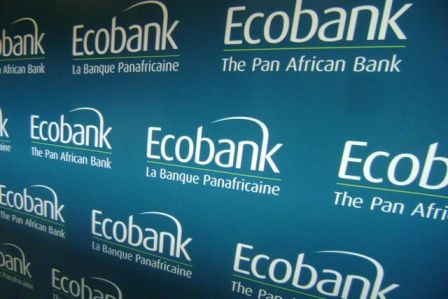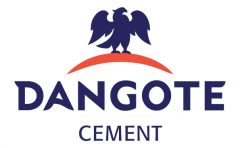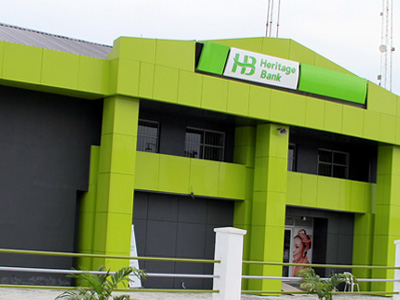
• Amidst Slow Deposit, Loan Growth
• Reduced Lending Activities Deliberate, Says CEO
The board of Ecobank Transnational Incorporated, on Wednesday presented its unaudited score-card for the nine-month ended September 30, 2017, showing that gross earnings grew faster than profit after tax, owing to a 74% jump in loan loss provision, even as customer deposits fell, just like loans and advances for the period.
Commenting on the performance, Ade Ayeyemi, Ecobank’s Group Chief Executive said the reduction in lending activities was deliberate, given that “the operating environment (is) still subdued, albeit showing signs of recovery, asset quality indicators remain high and will stay at these levels for a few more quarters.”
There is however continuously strengthening of the group’s risk management processes, he continued, just as it continues “engaging constructively with our customers to make good on their past-due loan payments.”
Ayeyemi expressed optimism at the group’s ability to offer customers their much needed financial service solutions.
The nine-month results, he stressed, “reflected the benefits of diversification and the progress made in executing our strategy to positioning the company for long-term growth.”
To get to this level, he said the group worked on cost reduction, which translated to improvements “in the cost-to-income ratio for the group, and particularly for Nigeria.
“We expect further efficiency gains to come from ongoing right-sizing of our Central, Eastern, and Southern Africa region and subsequently the rest of our West Africa regions,” he added.
Specifically, gross earnings rose 24% to N564.461bn (down 3% in US$), from N303.509bn, driven by interest income of N353.386bn, 16% better than the N303.509bn posted in prior third quarter. Interest income from corporate customer loans and advances rose to N167.912bn from N155.229bn, followed by treasury bills and other eligible bills, which rose from N33.267bn to N43.889bn; among others. Interest expense increased from N103.493bn to N137.074bn, arising mainly from interest payments on deposits from corporate customers of N35.542bn, a drop from N37.037bn, and another N28.127bn on consumer customers, from N21.946bn; resulting in net interest income of N216.311bn, up from N200.015bn.
Fee and commission income stood at N103.29bn, from N85.894bn; and expense from N9.411bn to N13.672bn. Net trading income jump 62% up from N62.502bn to N101.106bn, helped by foreign exchange income of N91.72bn as against the previous N57.638bn; and other operating income to N6.678bn from N4.757bn, representing an increase of 40%. These brought net interest income to N197.403bn, a 37% improvement over the N143.743bn of the 2016 corresponding period; while operating income improved by 26% from N343.758bn to N413.714bn.
Net fee and commission income at N103.29bn, up from N85.894bn, led by cash management and related fees of N43.028bn, from N34.903bn; credit related fees and commissions rose from N30.355bn to N32.938bn; and card management fees from N13bn to N17.91bn.
Staff expenses rose to N116.298bn from N105.489bn; depreciation and amortization cost increased to N21.48bn from N17.666bn; as other operating expense increased to N117.295bn from N101.917bn; bringing operating expenses to N255.073bn.
Operating profit before impairment losses and taxation stood at N158.64bn from N118.685bn. Impairment losses on loans and advances jumped 46% to N72.368bn, from N49.492bn, while impairment charges on other financial assets rose to N16.932bn, from N1.69bn, representing a 901% growth. These brought total impairment losses on financial assets increased 74% from N51.182bn to N89.3bn.
Operating profit after impairment losses therefore limped to N69.34bnfrom the previous N67.503bn.
Profit before tax also crawled 3% up from N67.597bn to N69.407bn, but fell 19% in US$ terms; tax expense for the period dropped 25% from N15.544bn to N11.648bn; leaving net profit for the period at N57.759bn, which improved by 11% from N52.052bn, representing Earnings Per Share of 201 kobo, as against the previous 178 kobo.
On the balance sheet, total assets was flat at N6.408tr, as against the N6.255tr, comprising customer loans and advances of N2.83tr, up from N2.824tr; while investment securities available for sale dropped from N3.272tr to N1.15tr.
Total liabilities for the period stood at N5.786tr from N5.717tr as customer deposits increased to N4.319tr from N4.116tr; just as shareholders’ funds rose 15% from N538.043bn to N621.953bn















